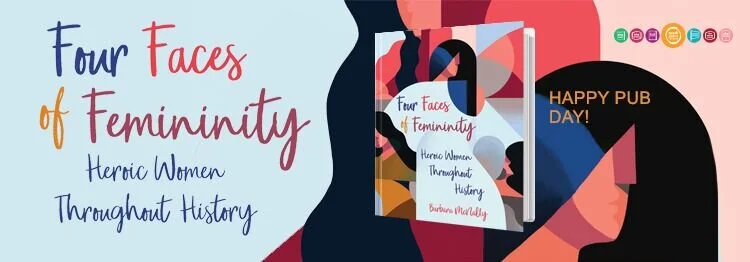Live at Changing Hands
7PM Wednesday, December 7th
PRESENTATION AND BOOKSIGNING
BARBARA MCNALLY
WOUNDED WARRIOR, WOUNDED WIFE
The author, physical therapist, and founder of the Barbara McNally Foundation shares her new book, a collection of true stories which provide a look into the chaotic and demanding lives of military spouses as they adjust to living with injured combat veterans.
GET YOUR BOOK »
Get your copy of Wounded Warrior, Wounded Wife in-store at Changing Hands Phoenix or when you order here. We'll send you an email confirmation with more details (usually within 24 hours).
EVENT DETAILS
SEATING opens at 6:30pm.
CAN'T MAKE IT? If you'd like a signed book, please call or order online. We ship to most locations.
ABOUT THE BOOK
Imagine sending your significant other to war and receiving a life-shattering phone call telling you he's been badly injured. What would you do? Out of the 16.9 million caregivers in the United States, 5.6 million are caring for wounded veterans. Most of them are women, thrust into caretaker roles for their husbands who return home with amputated limbs, brain injuries, burns, and disabilities, with virtually no support or training. Post-traumatic stress tears their families apart, and these women must wrestle with huge, imposing questions: Does he still love me? Can I support our family? How will this affect my kids, my love life, my happiness?
Wounded Warrior, Wounded Wife is a collection of true stories, inspired by the voices of women at SPA Day (Support, Purpose, Appreciation), a now nationwide event, created by the Barbara McNally Foundation for military wives to restore and rejuvenate while enjoying the fellowship of other wives struggling with the same challenges. The book builds on the strength of women like Congresswoman Tammy Duckworth whose heroic story lights a positive, healing path for the indomitable human spirit while informing the recent political discourse about improving the plight of veterans, with timely and significant insight into the realities of injured veterans, including health care, but also minority and gender issues. More »



